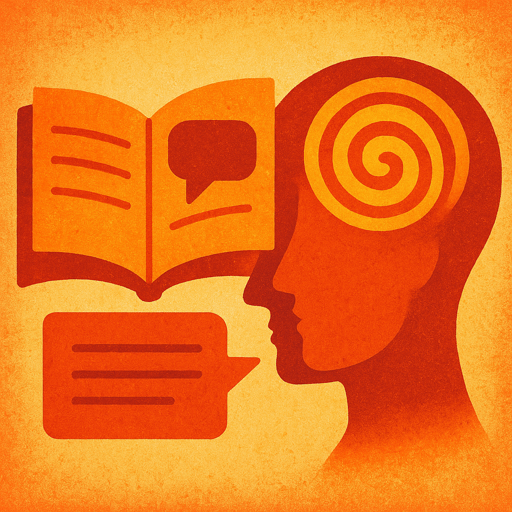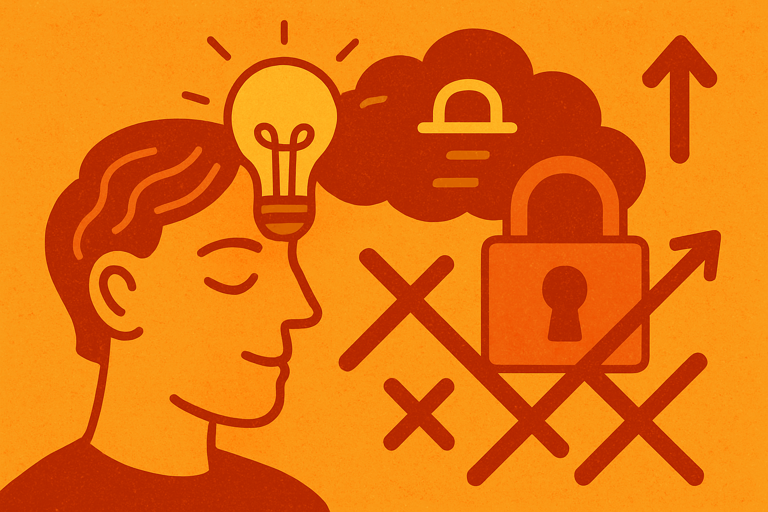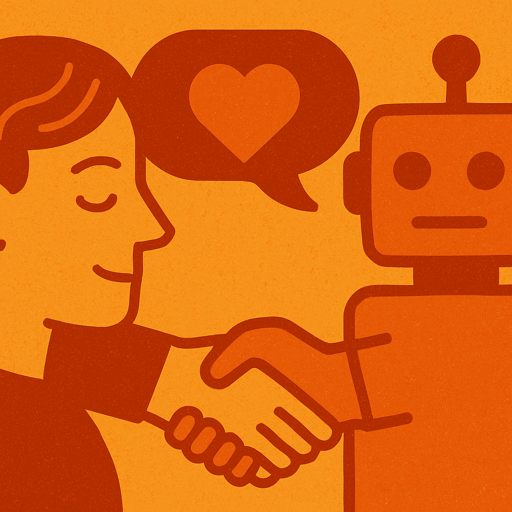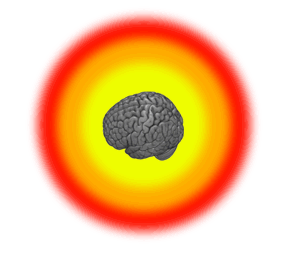
Empathy and Social Connection
Empathy is at the heart of human relationships, allowing us to resonate with others’ experiences and respond with care. Using fMRI and behavioral experiments, we investigate the brain networks that support both emotional resonance and cognitive perspective-taking. This work helps explain how empathy develops, why it sometimes fails, and how it may extend beyond human-to-human interaction to include artificial intelligence.
Stories give structure to our lives, guiding the way we interpret experiences and form our sense of self. We study how the brain processes narrative, from personal life stories to cultural myths, and how these stories influence our beliefs and identities. By linking brain activity to narrative understanding, we aim to uncover how humans construct meaning and how this shapes both individual and collective behavior.

Narrative and Meaning-Making

Belief, Identity, and Resistance to Change
Our lab also explores how the brain protects deeply held beliefs. We examine why certain beliefs become central to identity, why people resist changing them even when faced with evidence, and how social and emotional factors reinforce them. This work sheds light on polarization, persuasion, and the psychological resilience of identity.
As artificial intelligence becomes an everyday partner in work and life, we are investigating how people build trust with AI systems. Our research tests how empathy and embodiment shape human–AI collaboration—whether people feel connected to AI partners, how trust is established and repaired, and what neural systems are involved. This work aims to guide the design of AI that supports human growth, creativity, and flourishing.

